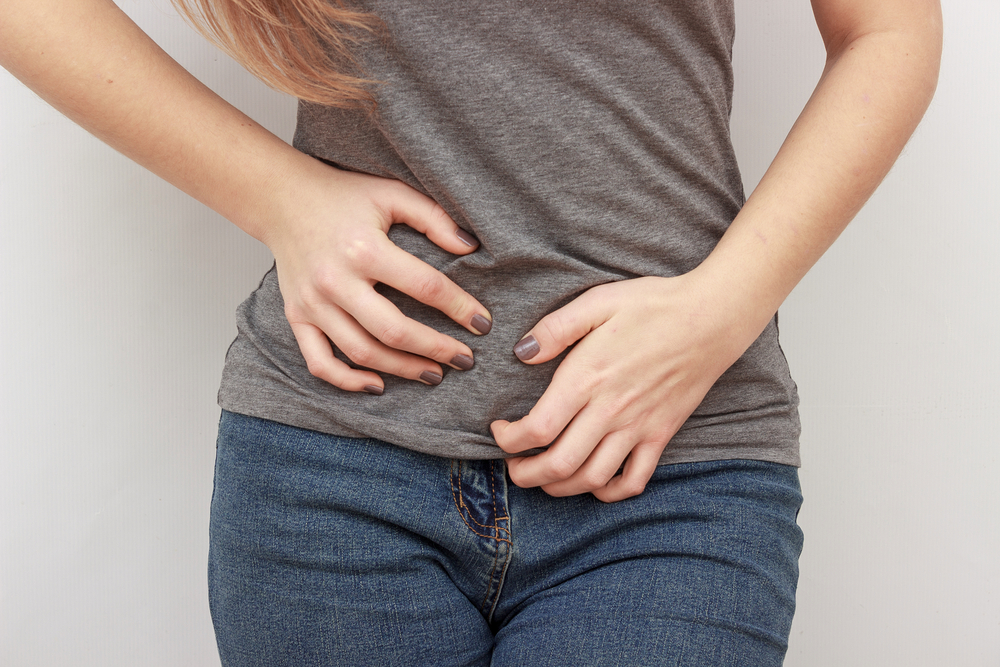Smart Nutritional Tips to Ease Diarrhea Symptoms
This article offers effective nutritional strategies to manage and alleviate diarrhea. Emphasizing hydration, suitable foods, and foods to avoid, it guides individuals and parents in promoting recovery during digestive upset. Proper diet and timely medical advice can significantly reduce symptoms and improve comfort during episodes.

Smart Nutritional Tips to Ease Diarrhea Symptoms
Digestive upset, especially diarrhea, can be distressing and disruptive. It often causes dehydration, exhaustion, and loss of appetite. Adults typically experience diarrhea 2-3 times a year, often due to infections or food intolerances. Usually mild, it still requires proper care to recover comfortably.
Diarrhea affects all ages but generally clears within a few days. Preventative diet strategies and hydration are key to easing symptoms and supporting recovery during episodes.
Knowing what to consume during diarrhea helps in healing faster. Proper nutrition minimizes discomfort and shortens illness duration. For parents, understanding suitable foods for children is equally important. This article provides dietary guidance to manage and prevent diarrhea effectively.
Maintain Hydration
Fluid loss during diarrhea necessitates prompt rehydration. Drinking sufficient liquids prevents dehydration. Ideal choices include water, electrolyte drinks, and natural remedies. Suggested fluids are:
Clear broths like chicken or beef (without fat)
Electrolyte replacing solutions from pharmacies
Salt and sugar solutions
Coconut water
Rehydration drinks like Pedialyte
Light decaffeinated tea
The BRAT diet — bananas, rice, apples, and toast
The BRAT diet includes gentle, binding foods such as cooked cereals (like cream of wheat), plain crackers, and apple-based foods to help soothe the gut and consolidate stool.
Foods to Limit or Skip
Recognizing foods that exacerbate symptoms is critical. To support recovery, avoid:
Greasy, fried, or fatty foods
Milk, cheese, and other dairy
Spicy dishes
Red meats like pork and veal
Seafood such as shrimp and squid
Raw vegetables and onions
Citrus fruits and their juices
Seeded fruits like berries and grapes
Alcohol and caffeine
Artificial sweeteners like sorbitol
Following this diet can help manage symptoms more effectively. For ongoing or severe cases, consult healthcare professionals. Identifying food triggers allows for better long-term dietary decisions.


